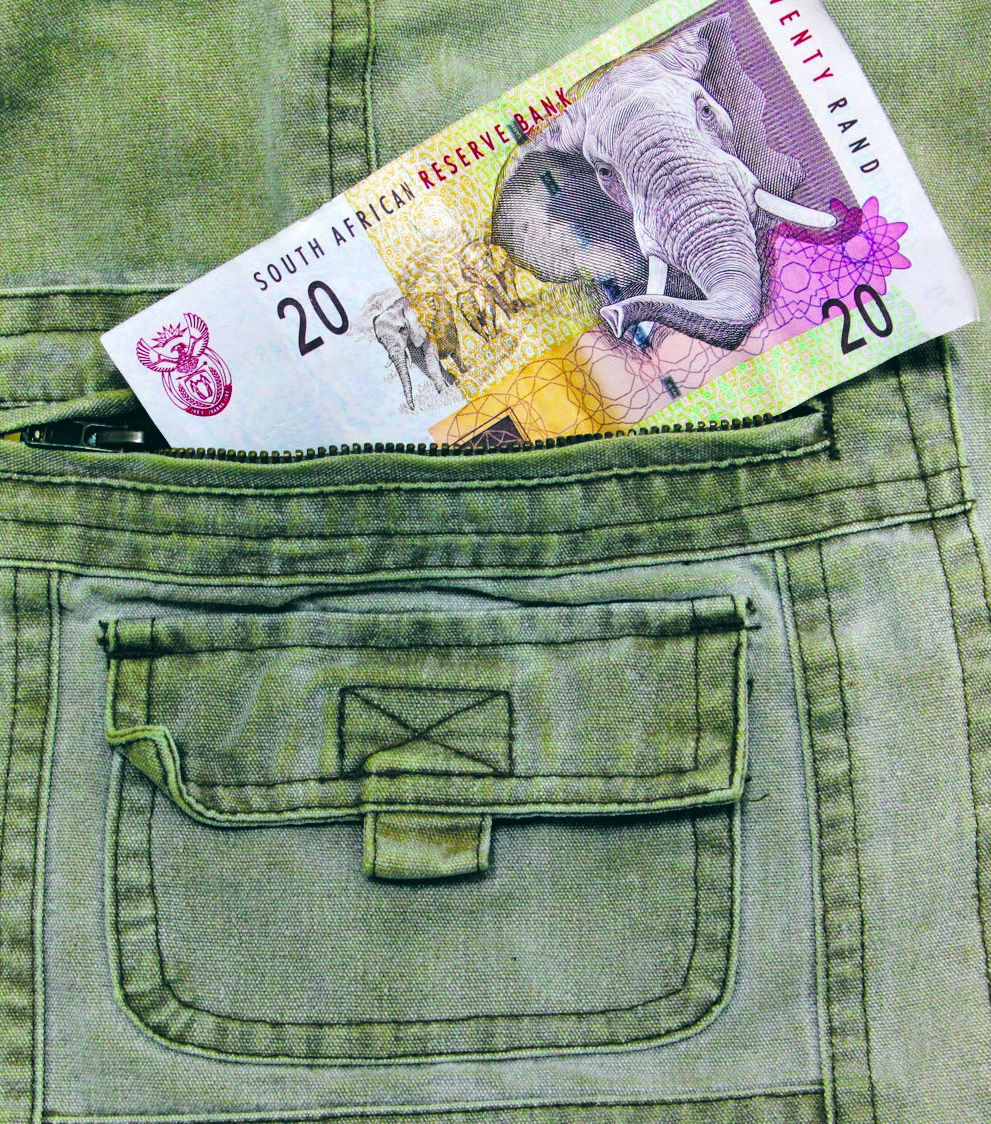
Arecent consumer survey carried out by Sanlam Personal Finance showed that 37% of those surveyed did not know what a tax-free savings account was, and only 12% had actually opened a tax-free savings account. This is a startling statistic, particularly at the beginning of National Savings Month.
According to the SA Savings Institute (Sasi), South Africa’s official savings rate at the end of March was 15%, the household savings rate was 1.1%, and debt as a percentage of disposable income was 76.6%.
Sasi’s chairperson, Prem Govender, says the positive news is that consumers are saving, but they aren’t saving enough. Data show that most savings are channelled into informal savings products such as stokvels.
Following a change in legislation earlier this year, you now have the option of saving in a tax-free savings account as an easy first step towards gaining financial freedom.
According to the Sanlam Personal Finance survey, there were some evident misconceptions about tax-free savings accounts.
Misconception: You can have only one tax-free
savings account.
Fact: You can have any number of tax-free savings accounts, but the amount that is tax-free is limited to R30 000 a year and R500 000 a lifetime.
Misconception: You cannot switch between providers.
Fact: You can switch between providers at any time.
Misconception: Your money can be withdrawn only after a certain amount of time (six months) has passed.
Fact: One of the key advantages of a tax-free savings account is that your money is easily accessible. It is not, however, intended to be used as an emergency savings account, but rather as a long-term savings vehicle.
Misconception: You can deduct the amount you invest in a tax-free savings account from your tax.
Fact: Your investment in your tax-free savings account does not attract any tax, and does not quality for a tax exemption. The first R30 000 you save each year is free of any tax. If you save more than R30 000 in a year, you pay tax on the additional amount at 40%. For example, if you save R40 000 in a tax-free savings account in one year, R30 000 is tax-free, but you pay 40% tax on the remaining R10 000.
What is a tax-free savings account?
You can invest up to R30 000 a year in a tax-free savings account. This means that you don’t have to pay capital gains tax, interest income tax or dividends tax.
If you are a parent, you can also open a tax-free savings account for your children, which means a family of four can save up to R120 000 a year, tax free.
But it is important to note that in addition to an annual limit on the amount you can contribute tax free, there are also lifetime limits (currently R500 000 per person).
So, if your child is a year old and you contribute R250 000 towards a tax-free savings account in their name over the next 18 years, your child will be allowed to save a further capital amount of only R250 000 in a tax-free savings account over the rest of their life.
Patrick Sheehy, head of product management at Glacier, a Sanlam financial planning institution, says the notoriously bad savings rate in South Africa is one of the major reasons for the National Treasury’s introduction of a tax-free savings account.
“It’s important to note that government has not taken anything away from investors. The tax exemptions on interest income and local dividend income still apply on other discretionary savings,” he says.
Various financial services companies have come forward with tax-free savings products. Here’s a quick round-up:
Sanlam
. Sanlam’s tax-free investment plans offer two tailored options. The first allows the flexibility to make different fund choices for a minimum investment of R500 a month. The second provides access to a Satrix investment for a minimum investment of R300 a month.
Nedbank
. Minimum investment of R50 a month, or lump sum deposits up to a maximum of R30 000 a year.
FNB
. To have a tax-free cash deposit account, you need to pay a minimum monthly deposit of R1 000.
Standard Bank
. To have a tax-free call deposit account, you need to pay a minimum monthly deposit of R250.
Old Mutual
. With the tax-free plan, the minimum investment amounts are R300 a month or a R5 000 lump sum.
Stanlib
. With the tax-free savings account, you need to pay a minimum debit order of R500 a month up to a maximum debit order of R2 500 a month, or a minimum once-off lump sum of R5 000.
Momentum
. The flexible tax-free option allows a minimum investment of R1 000 a month or a R15 000 lump sum.
PSG
. The wealth tax-free investment plan allows a minimum deposit of R500 a month or a R6 000 lump sum.
etfSA
. Allows you to invest in a high- or low-risk investment portfolio up to a maximum of R30 000 a year.
Alexander Forbes
. You can invest in a low-, medium- or high-risk portfolio.
22seven
. The tax-free savings account allows a minimum investment of R350 a month, or a once-off investment of the same amount. The underlying investment fund is either the Old Mutual Core Diversified Fund or the Old Mutual Top 40.




 Publications
Publications
 Partners
Partners








